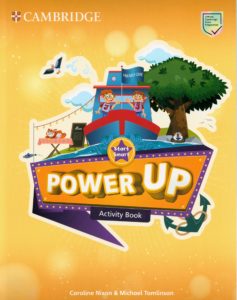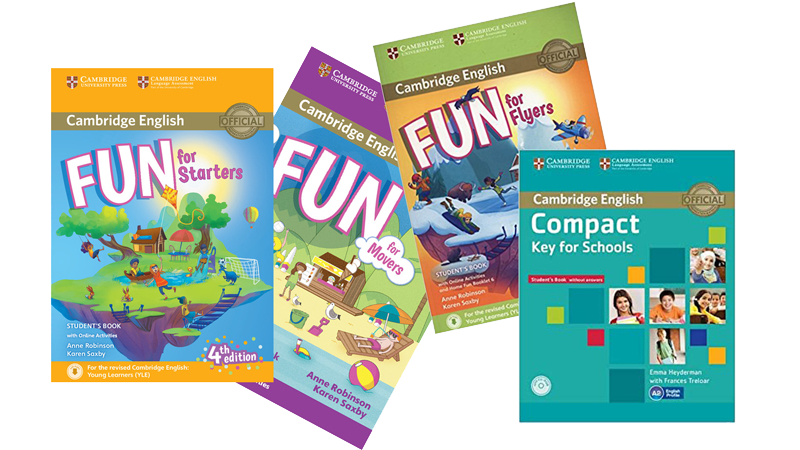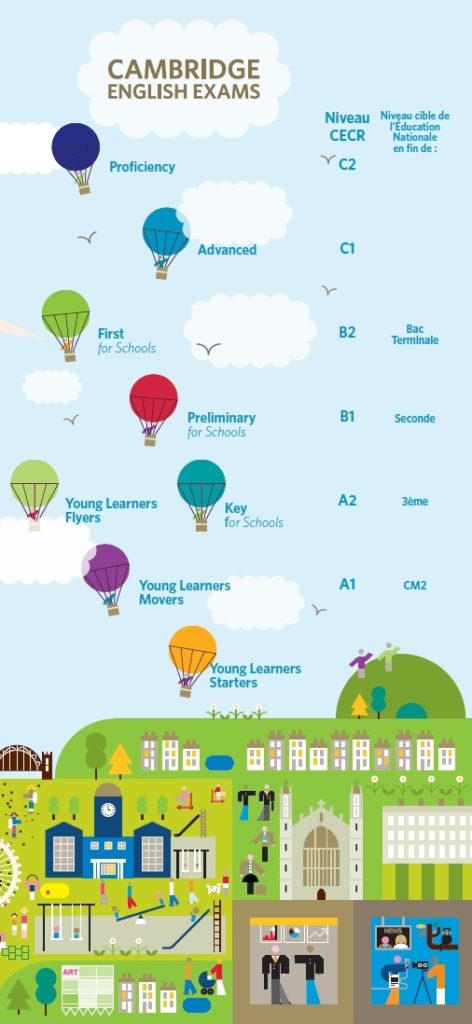Bilingual Approach
We are confident that through our bilingual approach, our children will learn to speak, read and write in English. The children are immersed in a bilingual environment every day with native French and English speakers this will enable each child to build a sound working knowledge of each language and to learn about British and American culture in a fun way.
Please see below the different approaches for Preschool, Kindergarten, and Primary schools.
Preschool
The Preschool class has an English-speaking teacher. The children therefore hear English throughout the day; this is of course reassuring for the native English speakers and the best way to learn English for the non-English speakers. English speaking activities take place every day in the form of games, songs, poems, sport activities and outdoor learning.

Kindergarten (3-6 years old)
The Kindergarten classes each have an English-speaking teacher. The children therefore hear English throughout the day, this is of course reassuring for the native English speakers and the best way to learn English for the non-English speakers. English speaking activities take place every day in the form of games, songs, poems, sport activities and outdoor learning.
The Oxford program, Mouse and Me!, has been chosen to teach English in Kindergarten. Daisy, Robin and their favourite toy, Mouse, like to share their adventure as they dress up in different costumes and explore the world through imaginative play! This course takes a whole-child approach, embracing multiple intelligences to give every student the best start to their English learning journey. This three-level course (level 1,2, and 3) is taught for Petite, Moyenne, and Grande sections respectively.
Starting in the Grande Section (5-6 years old), English native speakers or bilingual children are taught English lessons based on the British curriculum and focus on speaking, listening, reading, writing, spelling and grammar. The support books used are the Oxford Reading Tree books, that the children can bring home every day to read.
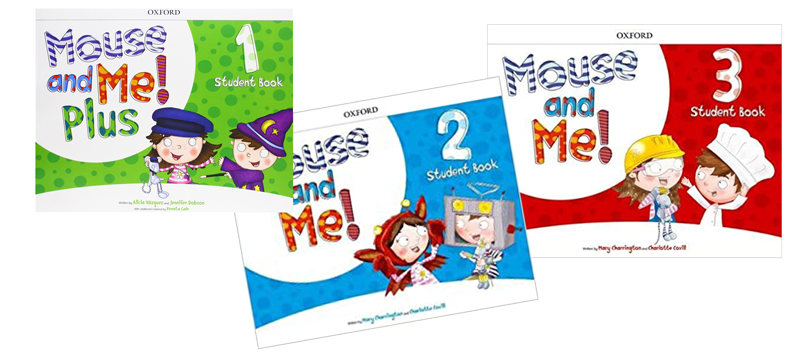
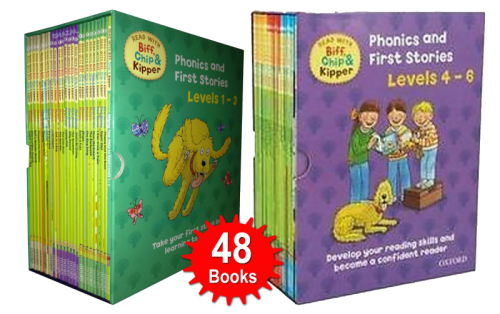
Primary (6-11 yo)
English as an Additional Language (EAL) for primary students in My School is taught using Cambridge English method. Cambridge English is a unique approach to teaching, learning and assessing English. It combines the experience and expertise of Cambridge English Language Assessment and Cambridge University Press.
Cambridge English: Young Learners is a series of motivating, activity-based language tests, specially designed for children at primary (and lower-secondary) school. Students are introduced to everyday written and spoken English, and are an excellent way to gain confidence and improve their English.
Cambridge levels are aligned with the Common European Framework of Reference for Languages (CEFR) – the international standard for describing language ability.
CP & CE1 (6-8 yrs)
We try to make the classes as much fun and interactive as possible. Each week a topic is chosen this can be a topic linked to the season, a holiday, a book and many more. The children will learn vocabulary words linked to the topic and eventually use them in sentences. They will play games, learn songs and do an art activity all based on the topic of the week.
Cambridge’s Power Up book program is selected to be used for children in CP and CE1 classes (6-8 years old).
CE2, CM1, & CM2 (8-11 yrs)
Depending on their English level (and not by age), the older children in My School (8-11 years old) are grouped in different English classes: Starters (pre-A1), Movers (A1), Flyers (A2), and Key for School (A2/B1).
At the end of school year, they take the Cambridge English Exam to evaluate their progress; therefore spend a large part of the year preparing for it. The exams offer natural progression towards other Cambridge English for Schools exams, so the students can continue to build up confidence in English step by step.
